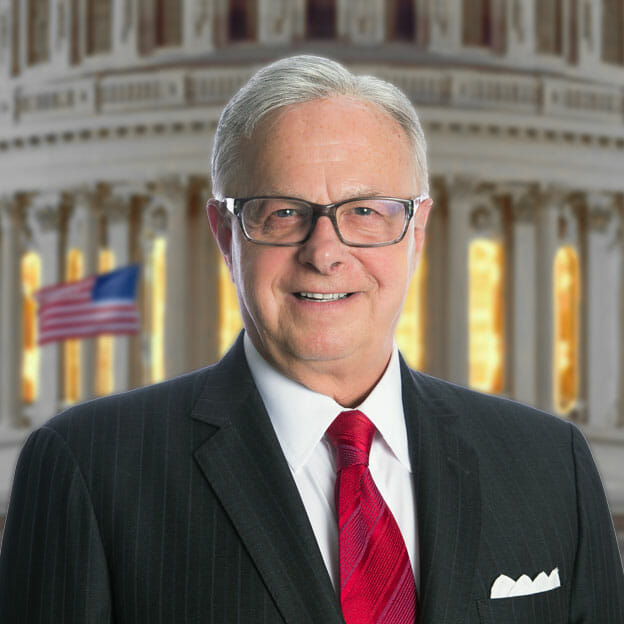
Several home care associations have joined together to form the Home Care Workforce Action Alliance to help mitigate the severe staffing crisis. Leaders of the Private Duty Home Care Advisory Council of the National Association for Home Care & Hospice unveiled the new organization at their meeting on Wednesday.

“The lack of a sustainable workforce has been our No. 1 issue for at least a decade or two decades if not more,” David Totaro, chief government affairs officer for home care giant Bayada and NAHC board member, said. “The pandemic, while it didn’t create the issue, certainly hasn’t helped it.”
The alliance is based on four principles, according to Totaro:
- The workforce shortage affects U.S. society in all walks of life.
- The alliance is committed to taking all necessary steps to increase the home care workforce and make a change in workforce strategy.
- The workforce issue is a multidimensional problem that is about more than wages and benefits. It includes career path creation, improving the reputation of the field and “rational immigration policy,” Totaro noted.
- Home care cannot do it alone and must unite with other workforce stakeholders.
Totaro noted that while the country is emerging from the pandemic and unemployment is now below 4%, the shortage of home care workers remains as high as it ever was. And while masks are coming off and personal protective equipment is readily available, “coverage hasn’t gotten any better,” Totaro said. “In fact it’s probably gotten worse.”
Bayada is denying two out of three available cases due to the shortage, Totaro said.
A formal press announcement about the alliance is scheduled to take place on May 18. Following the announcement, work groups will be tasked with working throughout the summer and reporting in the fall on recommendations and action plans. An important aspect of the work will involve strategizing about federal funding options, Totaro said.
32-hour workweek
Also at the meeting, the council discussed federal, state and local bills that aim to reduce the 40-hour workweek. Rep. Mark Takano (C-CA) introduced one such federal bill last summer that would change the 40-hour workweek to 32 hours. Another similar bill that circulated in California has died. And a bill recently introduced in New York City would limit the number of hours home healthcare workers can work each week.
The 32-hour workweek bills essentially would mean that employees do not have to work more than 32 hours. The remaining eight or more hours would be considered overtime. This type of legislation would have ramifications for the private duty field, said Brittnei Salerno, president and CEO of La Jolla Nurses Homecare in La Jolla, CA.
While these bills likely will not get passed, they are a “troubling trend,” said Salerno, who is chair of the advisory council.


